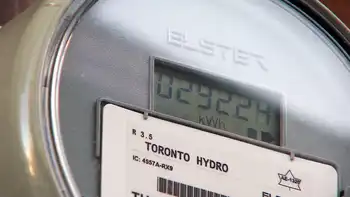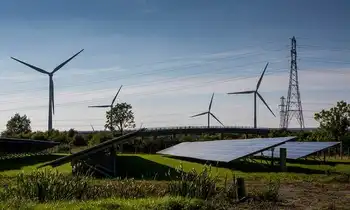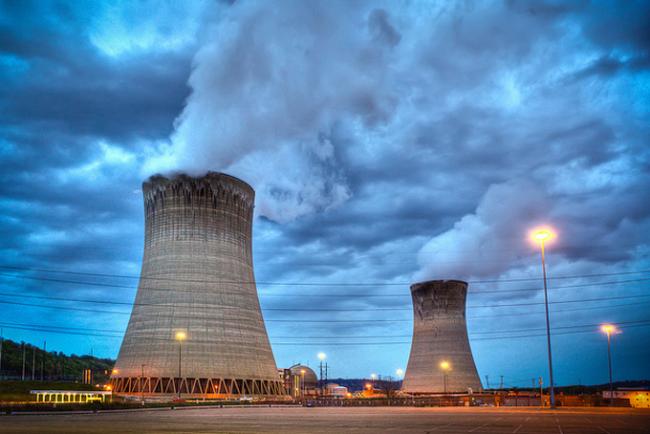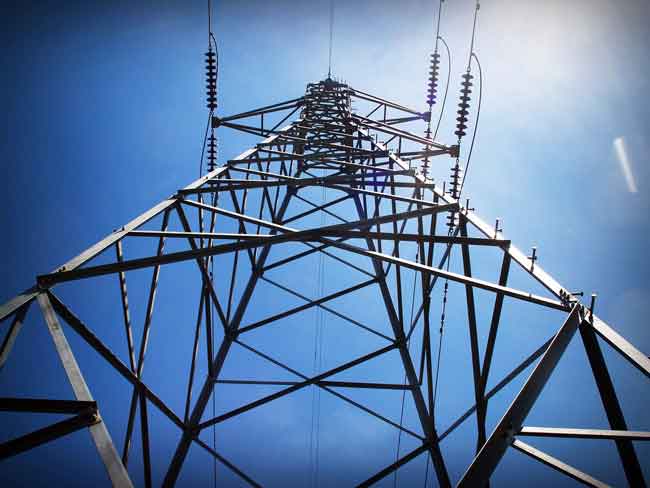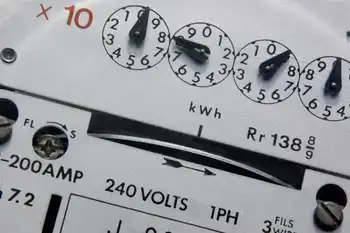'Net Zero' Emissions Targets Not Possible Without Multiple New Nuclear Power Stations, Say Industry Leaders
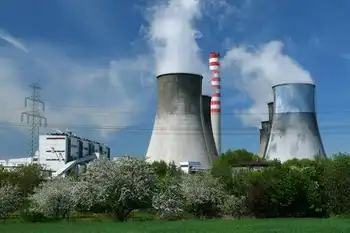
Arc Flash Training CSA Z462 - Electrical Safety Essentials
Our customized live online or in‑person group training can be delivered to your staff at your location.

- Live Online
- 6 hours Instructor-led
- Group Training Available
UK Nuclear Power Expansion is vital for low-carbon baseload, energy security, and Net Zero, complementing renewables like wind and solar, reducing gas reliance, and unlocking investment through clear financing rules and proven, dependable reactor technology.
Key Points
Accelerating reactor build-out for low-carbon baseload to boost energy security and help deliver the UK Net Zero target.
✅ Cuts gas dependence and stabilizes grids with firm capacity.
✅ Complements wind and solar for reliable, low-carbon supply.
✅ Needs clear financing to unlock investment and lower costs.
Leading nuclear industry figures will today call for a major programme of new power stations to hit ambitious emissions reduction targets.
The 19th Nuclear Industry Association annual conference in London will highlight the need for a proven, dependable source of low carbon electricity generation alongside growth in weather-dependent solar and wind power, and particularly the rapid expansion of wind and solar generation across the UK.
Without this, they argue, the country risks embedding a major reliance on carbon-emitting gas fired power stations as Europe loses nuclear capacity at a critical time for energy security for generations to come.
Annual public opinion polling released today to coincide with the conference revealed 75% of the population want the UK Government to take more action to reduce CO2 emissions.
The survey, conducted by YouGov in October 2019, has tracked opinion trends on nuclear for more than a decade. It shows continued and consistent public support for an energy mix including nuclear and renewables, with 72% of respondents agreeing this was needed to ensure a reliable supply of electricity.
Nuclear power was also perceived as the most secure energy source for keeping the lights on, compared to other sources such as oil, gas, coal, wind power, fracking and solar power.
Last month both the Labour and Conservative Parties committed to new nuclear power as part of their election Manifestos and the government's wider green industrial revolution plans for clean growth. At the same time, 27 leading figures in the fields of environment, energy, and industry signed an open letter addressed to parliamentary candidates, which set out the benefits of nuclear and underscored the consequences of not, at least, replacing the UK's current fleet of power stations.
The Nuclear Industry Association said there is no time to be lost in clarifying the ambition and the financing rules for new nuclear power which would bring down costs and unlock a major programme of investment.
Tom Greatrex, Chief Executive of the NIA, said "We have to grow the industry's contribution to a low carbon economy. The independent Committee on Climate Change said earlier this year that we need a variety of technologies including nuclear power/1 for net zero to reach the UK's Net Zero emissions target by 2050".
"This is a proven, dependable, technology with lower lifecycle CO2 emissions than solar power and the same as offshore wind/2. It is also an important economic engine for the UK, supporting uses beyond electricity and creating high quality direct and indirect employment for around 155,000 people."
"Right now nuclear provides 20%/3 of all the UK's electricity but all but one of our existing fleet will close over the next decade, amid the debate over nuclear's decline as power demand will only increase with a shift to electric heating and vehicles."
"The countries and regions which have most successfully decarbonised, like Sweden, France and Ontario in Canada, have done so by relying on nuclear, aligning with Canada's climate goals for affordable, safe power today. You are not serious about tackling climate change if you are not serious about nuclear".





